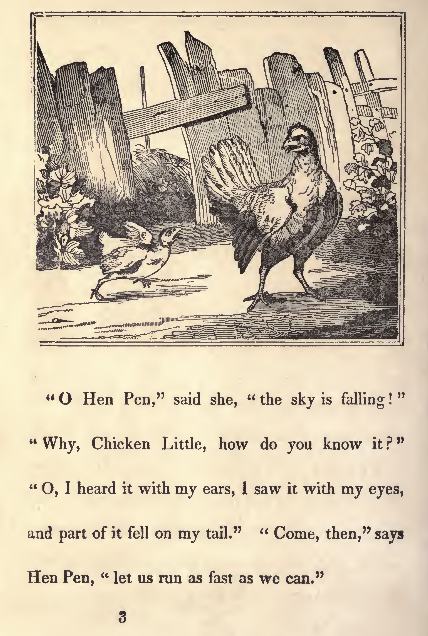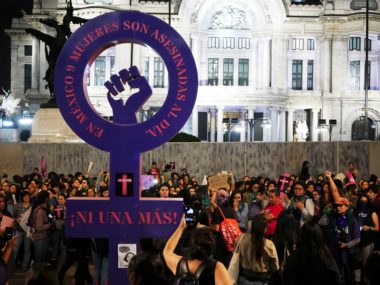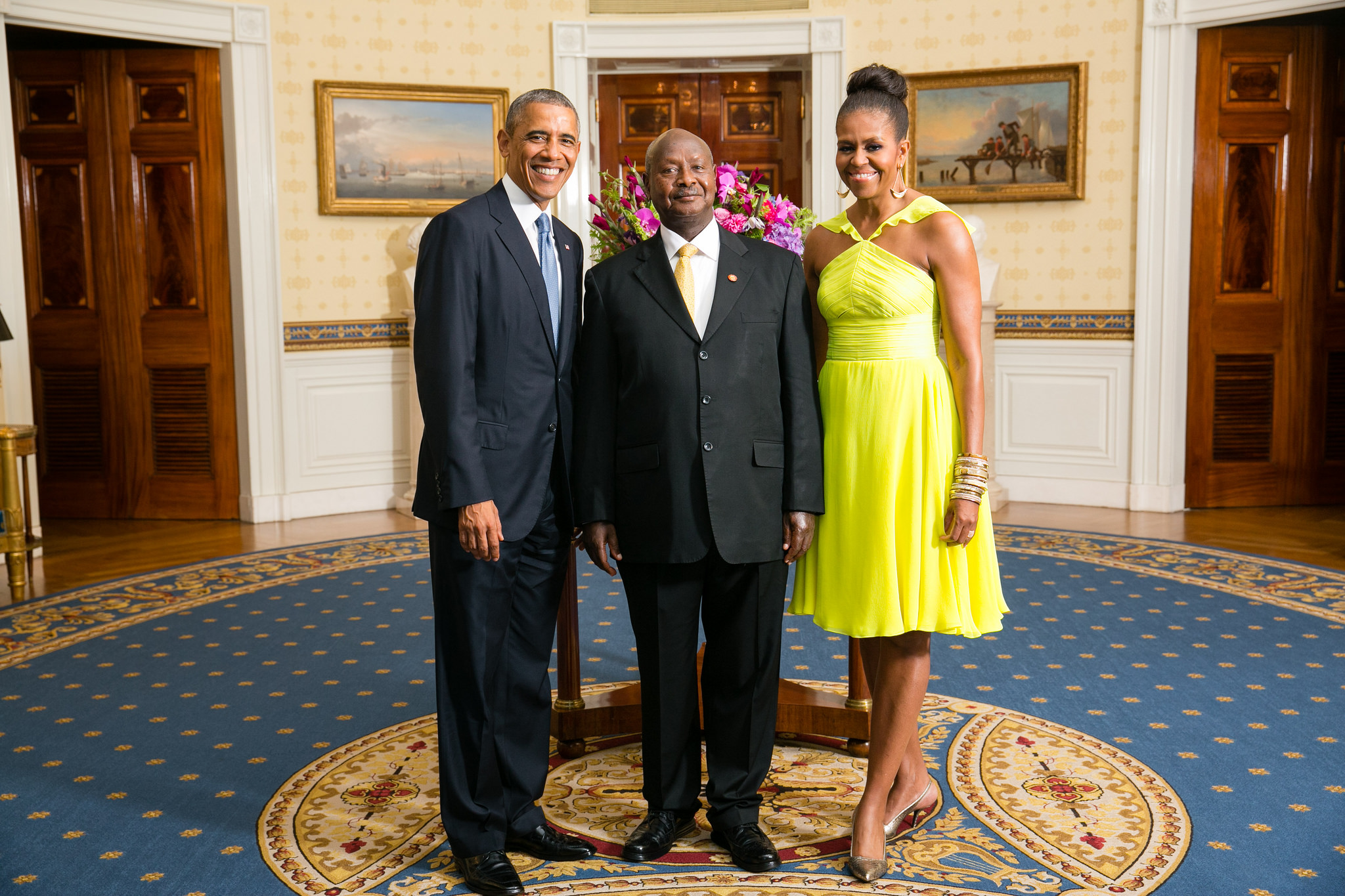Chicken Little is not a literary character I aspire to emulate. Yet, some of Patrick Meier’s recent tweets have me worrying not that the sky is falling, but we may be treading on some thin ice with respect to the rule of law.

Boston, between 1865 and 1871.
My concern centers on lynch mobs. Two 18th century Virginians, Charles and William Lynch, claim origin to the term Lynch Law, but either way it involves a death sentence pronounced and executed by what is known as a Kangaroo Court. Today we know this practice as extralegal or extrajudicial killing, and it is banned by international law (see ICCPR, Article 6, Parts 1 and 2). Those of you familiar with Patrick Meier’s work might be thinking that nobody in their right mind could associate him with extrajudicial killing. Thus, I trust I have your attention.
Please permit me a smidge of backstory. You may not know about the role companies like Storyful, in Ireland, play in the production of international news. These firms vet images, video and other content posted to websites, and sell the service of confirmation to all major news sources, and many others as well. If you are consuming international news from The Guardian, CNN, The China Morning Post, El Prensa, or other sources, you are likely encountering some content that Storyful has verified (you can read more generally about crowdsourcing and journalism here). That brings me to a recent post of Meier’s at his blog, iRevolution.
Meier explains that he and several partners are launching a new project called Verily, the goal of which is to crowdsource verified social media during crises. He recently posted about the impact crowdsourced information on a recent earthquake in China had limiting that government’s ability to hide the disastrous outcome. There is no question that crowdsourcing is here to stay (as long as the web remains relatively free), nor is there any question that people can use crowdsourcing to level the playing field vis-a-vis Leviathan. Meier not only understands this, he is in the vanguard of those making it a reality.
What has me donning my yellow feathers is what is not, to my knowledge (please disabuse me of my ignorance in the comments), being discussed by Meier and other folks working on projects like Verily. The Reddit “witch hunt” following the Boston Marathon bombing (you can read more here and here) is a nice example of the type of thing that could very plausibly produce real life lynch mobs. While the dynamics of lynch mobs, and more generally the “ethnic riot,” are not especially well known, strong research clarifies that poor information tends to play a strong role (e.g., see Varshney, 2003; Wilkinson, 2006; Bhavnani, Kuklinski & Findley, 2009). Meier and his compatriots and competitors will quite rightly note that their projects precisely target poor information, promising to cull the wheat from the chaff. Yet we know that human beings seek biased information, and indeed the increasing fractionalization of media consumption is part and parcel to the dropping price of accessing media that folks like Meier plan to exploit.
Technologies are, of course, neutral: their impact for good and ill is a function of how people use them. Further, I am not endorsing a Le Bon vision of The Crowd (nor the updated versions that populated Sociology during the mid 20th Century) as an inherently dangerous entity. But lynch mobs, ethnic riots, etc. are hardly unknown to human kind, and the rule of law as an alternative is hardly inextricably entrenched among our species. More specifically, I am personally more concerned about the overreaction of Boston’s finest and the public’s willingness to put up with a brief paramilitary state of seige in the wake of the Boston Marathon bombing than I am with the Reddit witch hunts. But that does not mean I am unconcerned about the extent to which rumor (aka biased information) will spread more rapidly than verified information, and do so in networks that mobilize those willing to act on multiple sides of political conflicts.
I close by confessing that I do not have, at present, ideas about how to support projects like Verily while simultaneously limiting erosion of the hard won status quo regarding the rule of law. I do know, however, that discussion is warranted, and I will be most delighted if readers can point me to sites that will persuade me to put me feathers back in storage.
@WilHMoo







2 comments
Really interesting Will, thanks !
Given your interest, I think that you (and the other readers here) would be really interested in some recent research that I have come across that theorizes about crowds and such similar phenomena.
It’s called “The Theory of Crowd Capital” and you can download it here if you’re interested: http://papers.ssrn.com/sol3/papers.cfm?abstract_id=2193115
In my view it provides a powerful, yet simple model, getting to the heart of the matter. Enjoy!